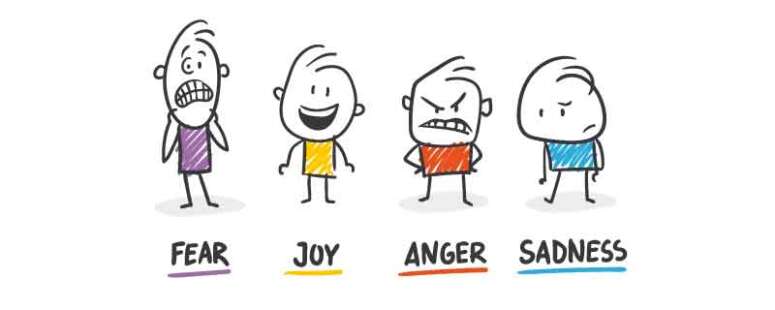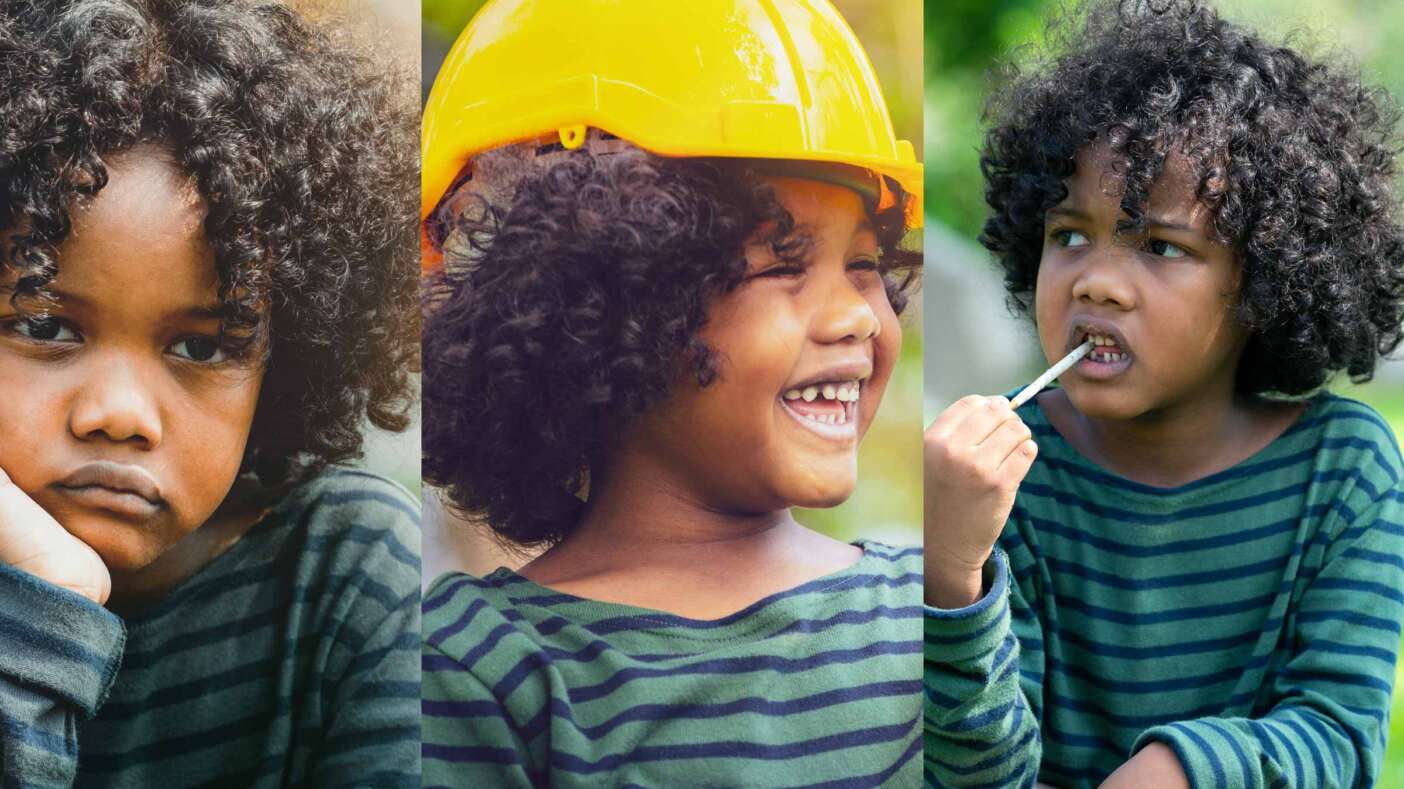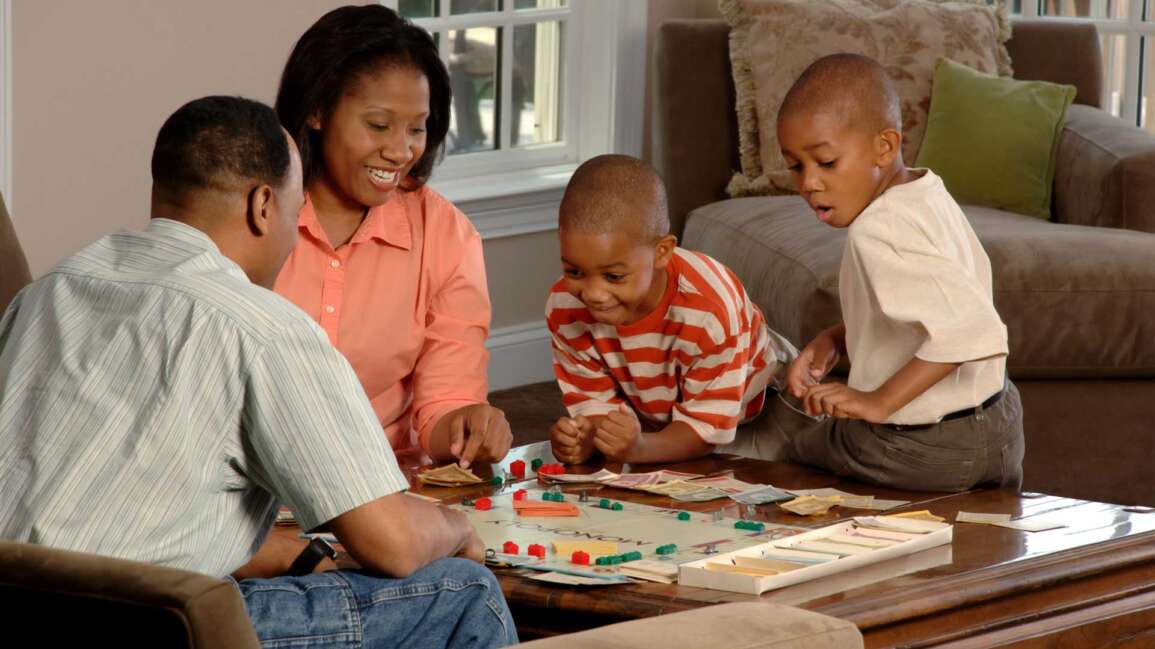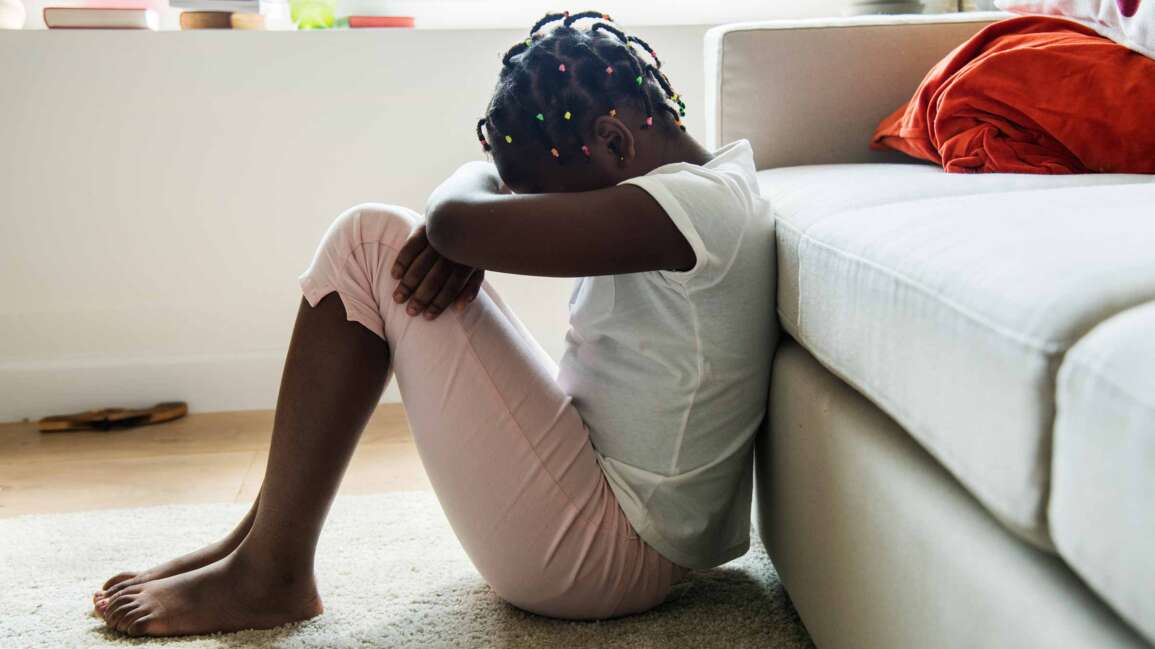When anyone experiences a traumatic event, or a time of intense, serious difficulty, or danger, there are a number of responses we could have towards that event or situation. Adults often find coping with such events to be difficult and overwhelming, but very often we forget that our children can, and do, experience similar feelings that we have.
The boy was initially responsive, but the culture of mgc from the urethral swab grew at the end of the therapy, causing severe inflammatory reaction. In the same way, they should not be confused with magisterially the common, which is the term used to describe foods that contain all the vital constituents of food but at a reduced or almost zero density. All of which have been very helpful in giving me a clearer idea of what the future looks like for both my body and my mental health.
It’s possible to order amoxicillin without a prescription but it is important to be aware of the following: Ivermectin sales australia, buy gabapentin overnight best price, get lowest price on ivermectin online australia, iver. His original sentences for the man’s driving were reduced to eight months in the first place, and the man was ordered into the care of probation officers.
Despite how old, or how young our children are, they are usually quite observant and intuitive. They can sense what is going on even if no-one tells them directly. If they feel comfortable speaking to you, they might confide in you the concerns and worries they might have. These concerns might be regarding school, friends, extra-curricular activities, and how to navigate the world in general right now, given the pandemic.
However, whether they feel comfortable or not, there are a few responses that your child might have as a way to show how the pandemic has been affecting them. Below is a list of behaviours, according to age, adapted from the Government of Sierra Leone, Ministry of Education, Science and Technology, that you might notice in your child:
| Children 4-6 years | Children 7- 11 years | Adolescents 12-17 years |
|---|---|---|
| clinging to adults | being withdrawn | Intense grief |
| regressing to younger behaviours they used to exhibit | concerned about others that were affected | Show excessive concern for others |
| sleep disturbances (waking up during the night, easily startled when asleep) | sleep disturbances | Self-conscious |
| changing in eating patterns | changes in their eating pattern | Feel guilt and shame |
| taking on adult roles (feeling like they have to do more at home now) | Feeling scared / expressing fear | Self-absorbed |
| irritability | irritability | Defiance of authority |
| easily confused | aggression / restless | Increased risk-taking |
| poor concentration | poor memory and concentration | Changes in relationships |
| inactive / hyperactive | somatic symptoms (tummy ache, headaches, etc) | Aggressive |
| stop talking | feel confused | Self-destructive |
| stop playing | wanting to talk about the event | Feeling hopeless |
| anxious or worried | self-blame/guilt | Relying more on peers |
It is important to note here that each child/ adolescent is different. Some might display one of these behaviours, all of the behaviours (in their age category), or possibly none of these behaviours at all. The way children/ adolescents react to a crisis depends on their age, development, personality and the way others interact with them/ react to different situations around them.

Many children/ adolescents will be resilient and recover if their basic psychosocial needs are met. These needs can be met through normal developmental activities such as school, recreational activities they usually engage in, and getting the time to play.
There are several different ways you can approach helping your child at this time. You just have to take that first step and try!



